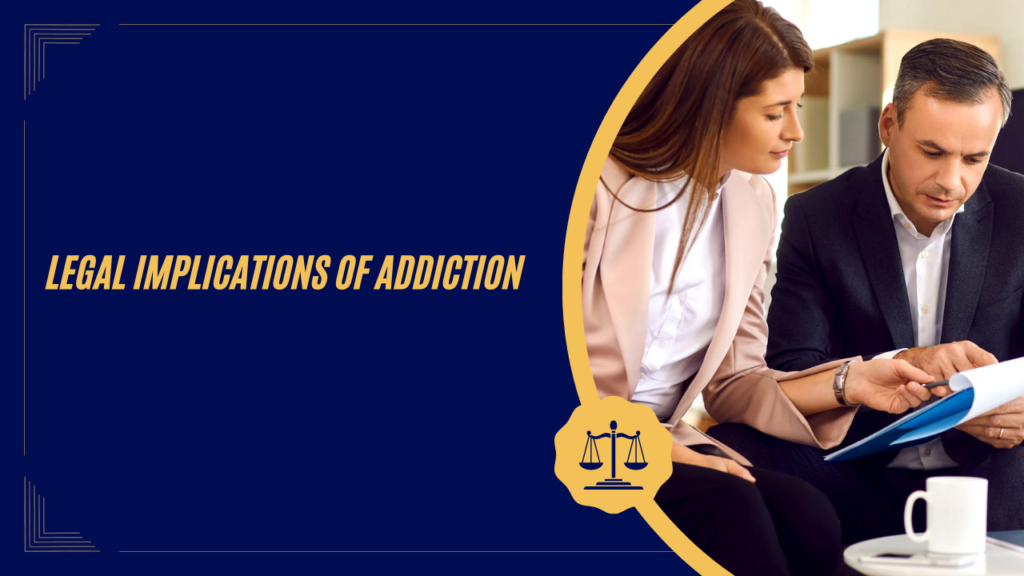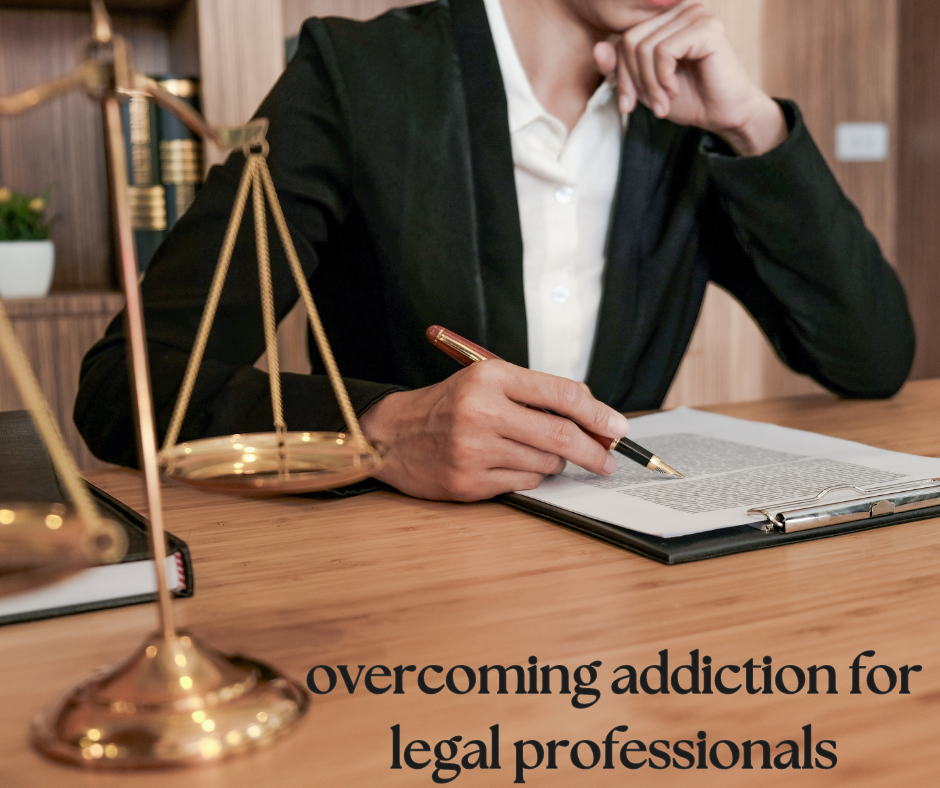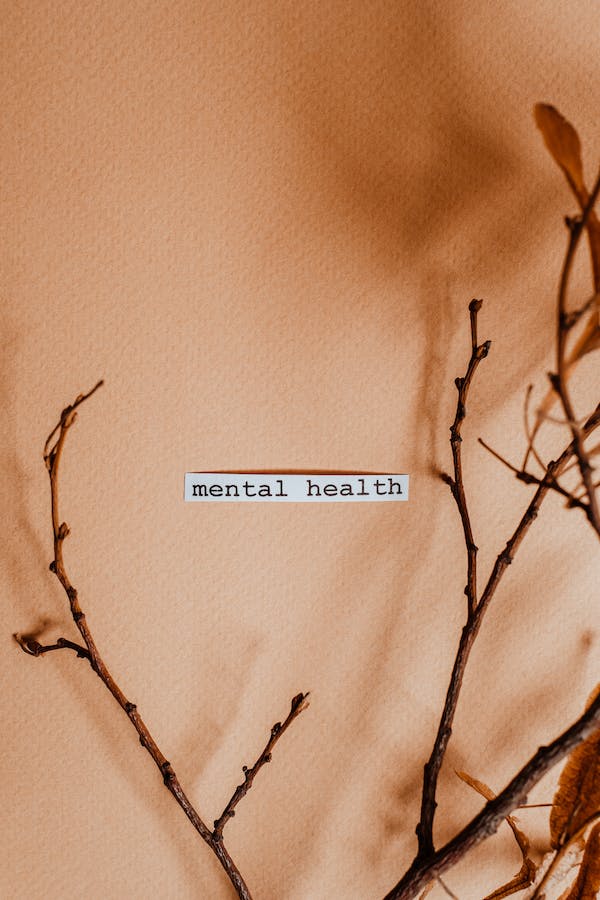
Addiction recovery is a challenging journey that often requires medical, psychological, and social support. However, the legal system can also play a significant role in shaping the trajectory of recovery. The law can be both a source of accountability and a tool for rehabilitation, providing opportunities for individuals struggling with addiction to address their behavior and rebuild their lives. Understanding how the legal system interacts with addiction recovery is essential for navigating the path to sobriety.
Court-Mandated Treatment Programs
One of the most common ways the law becomes involved in addiction recovery is through court-mandated treatment programs. Courts often require individuals charged with addiction-related offenses—such as drug possession, driving under the influence (DUI), or theft—to attend rehabilitation as part of their sentencing. These programs may include inpatient or outpatient treatment, regular drug testing, and counseling sessions.
Court-ordered treatment is designed to address the root causes of criminal behavior and reduce the likelihood of reoffending. While some individuals may initially resist participation, many find these programs to be transformative. The structure and accountability provided by court oversight can help individuals stay committed to recovery, particularly during the early and most challenging phases of sobriety.
Drug Courts: A Path to Recovery
Drug courts are specialized judicial programs focused on rehabilitation rather than punishment for nonviolent offenders with substance abuse issues. These courts provide an alternative to traditional sentencing by offering treatment and intensive supervision instead of jail time. Participants typically undergo frequent drug testing, attend regular court hearings, and complete treatment programs under the guidance of a multidisciplinary team that includes judges, counselors, and probation officers.
The success of drug courts lies in their emphasis on collaboration and support. Studies have shown that participants in drug court programs are less likely to reoffend and more likely to maintain long-term sobriety compared to those who go through the traditional criminal justice system. For individuals committed to recovery, drug courts provide a structured and supportive environment to rebuild their lives.
Legal Protections and Rights in Recovery
The law also provides protections for individuals in recovery, particularly in the workplace and housing. Under the Americans with Disabilities Act (ADA), individuals in recovery from addiction are considered to have a disability and are protected from discrimination. Employers and landlords are required to make reasonable accommodations for those actively seeking or maintaining sobriety, as long as they adhere to treatment plans and demonstrate a commitment to recovery.
Additionally, confidentiality laws, such as those outlined in the Health Insurance Portability and Accountability Act (HIPAA), ensure that individuals’ treatment records remain private. This protection encourages individuals to seek help without fear of judgment or legal repercussions.
Challenges of Navigating the Legal System
Despite its potential benefits, navigating the legal system during recovery can be complex and overwhelming. Legal proceedings, court appearances, and compliance with legal mandates can add stress to an already challenging journey. Access to legal representation and addiction-focused advocacy can make a significant difference in ensuring that individuals receive fair treatment and opportunities for rehabilitation.
Conclusion
The legal system plays a dual role in addiction recovery: it holds individuals accountable for their actions while offering avenues for rehabilitation and support. Programs like drug courts and court-mandated treatment demonstrate the law’s capacity to foster recovery and reduce recidivism. By understanding their rights and responsibilities within the legal framework, individuals struggling with addiction can use the law as a powerful ally in their journey to sobriety and a healthier future.







